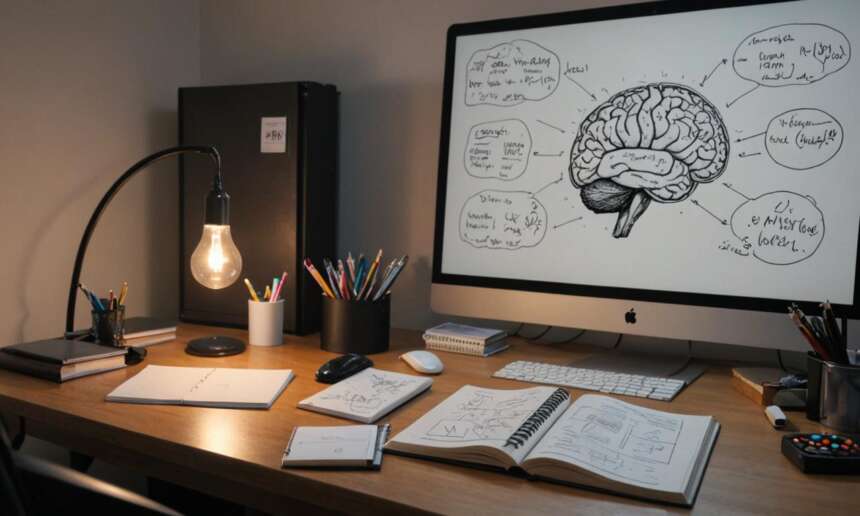Are you passionate about psychology and interested in shaping young minds? Becoming a psychology teacher could be a fulfilling career path for you. In this guide, we’ll explore the steps to help you embark on this rewarding journey.
Obtain a Solid Educational Background
First and foremost, a strong educational foundation is essential. Typically, this involves earning a bachelor’s degree in psychology or a related field. It’s important to excel academically during your undergraduate studies to establish a solid academic record.
Pursue Advanced Degrees
While a bachelor’s degree is a good starting point, many institutions require psychology teachers to hold advanced degrees. Consider pursuing a master’s or doctoral degree in psychology, education, or a related discipline. Advanced degrees not only enhance your knowledge and expertise but also increase your credibility as an educator.
Gain Teaching Experience
Teaching experience is invaluable for aspiring psychology teachers. Seek opportunities to work as a teaching assistant during your graduate studies or pursue internships in educational settings. Additionally, consider volunteering or taking on part-time teaching roles to gain hands-on experience in the classroom.
Obtain Licensure or Certification
Depending on your location and the institution where you wish to teach, you may need to obtain licensure or certification as a teacher. Research the requirements in your area and ensure that you meet all necessary criteria. This may involve passing exams, completing coursework, or fulfilling other specific requirements.
Develop Specializations
Consider specializing in a particular area of psychology to enhance your expertise and marketability as a teacher. Whether it’s developmental psychology, cognitive psychology, or social psychology, having a niche can set you apart and make you more attractive to potential employers.
Build a Professional Network
Networking is crucial in the field of education. Attend conferences, workshops, and professional events to connect with other educators and potential employers. Joining professional organizations related to psychology and education can also provide valuable networking opportunities.
Stay Updated on Research and Trends
As a psychology teacher, it’s essential to stay current with the latest research findings and educational trends in the field. Continuously engage in professional development activities, such as attending seminars, reading scholarly journals, and participating in online forums.
Prepare for the Job Search
When you feel ready to enter the job market, take the time to prepare your application materials thoroughly. This includes crafting a compelling resume, writing a strong cover letter, and gathering any necessary documentation, such as transcripts and teaching evaluations.
Ace the Interview
During job interviews, highlight your passion for psychology, your teaching philosophy, and your relevant experience. Be prepared to discuss your approach to teaching, classroom management strategies, and how you would engage and inspire students.
Continue to Grow and Evolve
Finally, remember that learning is a lifelong process. As you embark on your career as a psychology teacher, continue to seek out opportunities for growth and development. Whether it’s through further education, professional development, or mentorship, strive to continually enhance your skills and knowledge.
By following these steps and remaining dedicated to your craft, you can pursue a fulfilling career as a psychology teacher and make a meaningful impact on the lives of your students.
Frequently Asked Questions
Here are some common questions individuals have when considering a career path as a psychology teacher:
| Question | Answer |
|---|---|
| 1. What are the typical job duties of a psychology teacher? | Psychology teachers typically design and deliver course materials, facilitate class discussions, assess student performance, provide feedback, and offer guidance and support to students. |
| 2. Is it necessary to have a doctoral degree to become a psychology teacher? | While a doctoral degree can enhance your qualifications and open up more opportunities, it’s not always mandatory. Many institutions hire psychology teachers with a master’s degree, especially for adjunct or community college positions. |
| 3. How can I gain teaching experience if I’m still pursuing my education? | You can gain teaching experience by working as a teaching assistant during your graduate studies, volunteering in educational settings, or taking on part-time teaching roles. Additionally, internships or practicum experiences can be valuable. |
| 4. What are some alternative career paths for individuals with a background in psychology? | Aside from teaching, individuals with a background in psychology can pursue careers in counseling, research, human resources, organizational development, or clinical practice. |
Additional Tips for Success
In addition to the steps outlined above, here are some additional tips to help you succeed as a psychology teacher:
- Stay adaptable and open to new teaching methodologies.
- Seek feedback from peers and students to continuously improve your teaching practices.
- Stay connected with advancements in technology that can enhance the learning experience.
- Consider publishing research or presenting at conferences to establish yourself as an expert in your field.




